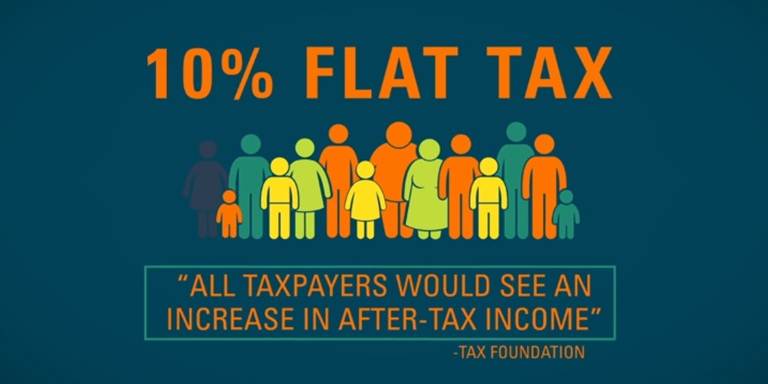High net worth individuals should now consider to move their fiscal residence in Italy. Referring to the 2017 Italian Budget Law, a new optional tax regime allows individuals who take up residency in Italy only to pay an annual flat-tax with a fixed amount of €100,000 per year, regardless of their levels of income. Substitute flat tax covers all the non-Italian source income and gains, which are not subject to any additional income tax in Italy, even if remitted in Italy. Moreover, individuals can also add family members for an additional €25.000 each.
The payment must be done every fiscal year, within the deadline for the payment of the income tax balance (generally by the end of June). According to the local media, the new regime is expected to attract at least 1000 high-income individuals, who want to move their fiscal residence in Italy. To be eligible, individuals should not be a resident in Italy for more than one year in the last 10 years. Their benefits will be automatically renewed every year, and it will last up to 15 years.
The new tax regime starts in 2017, and also includes those who moved their tax residence in 2016. The first step to take part in the regime will be through Italian tax returns for 2017 (online submission is due by September 30, 2018). Eligible taxpayers can choose to join the new regime in the first fiscal year during which they moved the tax residence or the following year. They can also issue a preliminary request for a ruling to the central direction of the Italian Revenue Agency.
The request that can be filed in person, or alternatively sent by certified mail, needs to indicate:
- Personal information, the Italian social security number, and the residence address in Italy (If already a resident);
- Non-residency status in Italy for a period of at least 9 tax fiscal years in the first 10 years;
- The last jurisdiction where the taxpayer was resident before the option came into force;
- Foreign states or territories where the taxpayer does not intend to use the substitutive tax.
Under the new tax regime, benefits are as followed:
- Exemption from reporting assets held abroad in the Italian tax return;
- Exemption from IVIE (i.e., the tax on real estate property held abroad) and IVAFE (i.e., the tax on financial activities or assets held abroad).
Some exemptions are also made according to the regime, such as:
- Capital gains from shareholdings realised in the first five years;
- Income tax from Italian source;
- Inheritance and gift tax from overseas
D’Andrea & Partners law firm will continue to keep you updated on the regulatory changes in Italy in the field of business. Should you have any enquiry, please do not hesitate to contact info@dandreapartners.com






